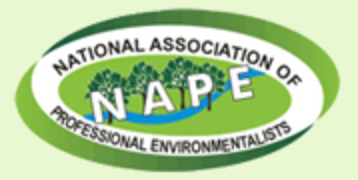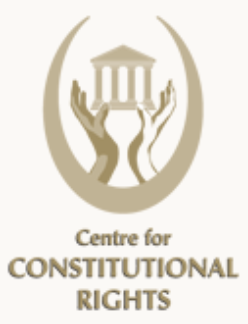Articulação dos Povos Indígenas do Brasil
A Articulação dos Povos Indígenas do Brasil – APIB é uma instância de aglutinação e referência nacional do movimento indígena no Brasil, que nasceu com o propósito de:
– fortalecer a união dos povos indígenas, a articulação entre as diferentes regiões e organizações indígenas do país;
– unificar as lutas dos povos indígenas, a pauta de reivindicações e demandas e a política do movimento indígena;
– mobilizar os povos e organizações indígenas do país contra as ameaças e agressões aos direitos indígenas.












